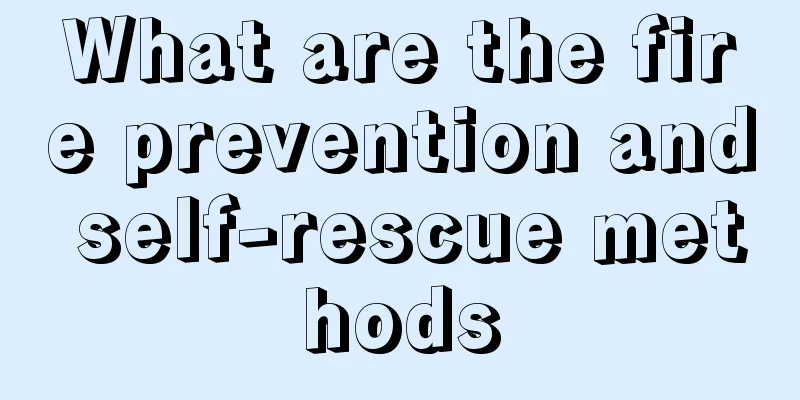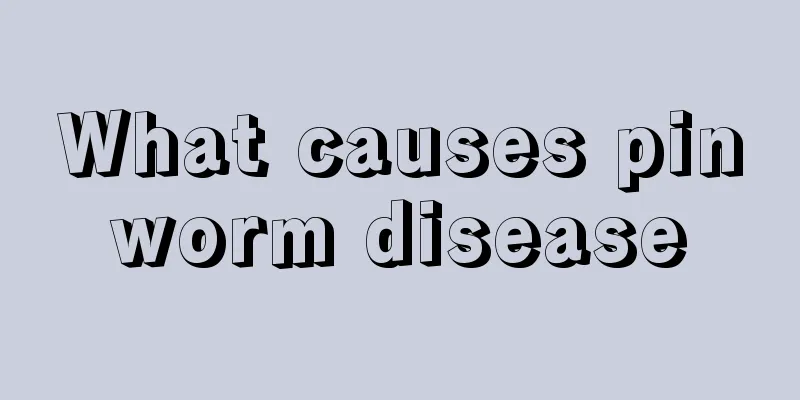Will wisdom teeth grow again after being removed?

|
Wisdom teeth are not good teeth. They appear in many people after the age of 20, while some people never have them throughout their lives. Wisdom teeth are very harmful, so people usually choose to remove them. Under normal circumstances, wisdom teeth will not grow again after being removed, but there are certain exceptions, which requires patients to choose a regular dental hospital during the treatment process. 1. Will wisdom teeth grow again after being extracted? Wisdom teeth generally do not grow again after they are extracted, because wisdom teeth are permanent teeth, and permanent teeth generally do not grow again after they are extracted. A person only grows teeth twice in his life. The first time is when the first teeth grow during infancy, and the second time is when the deciduous teeth are replaced by permanent teeth. Medically speaking, the third tooth growth is very rare and almost non-existent. People's wisdom teeth grow between the ages of 18 and 30. Because this stage is the peak period of intellectual development, people call them "wisdom teeth." Not everyone will grow wisdom teeth, but some people will have symptoms of wisdom teeth. If a person's wisdom tooth is a buccal impacted wisdom tooth that has been biting the buccal mucosa for a long time, it is very likely to cause buccal mucosal ulceration, infection, or even erosion, leading to the germination and occurrence of precancerous lesions in the lesion tooth, and should be extracted at an early stage. 2. What should I pay attention to after wisdom tooth extraction? 1. There will be bleeding during the tooth extraction process. The doctor will stuff sterile gauze or cotton wool into the wound to stop the bleeding. Do not lick or tease the wound with your tongue to avoid removing the gauze or cotton wool and causing the wound to bleed again. 2. The body's coagulation function will coagulate the flowing blood into blood clots when it works. These blood clots cover the wound and can help stop bleeding better. Don't pick out the blood clots just because you feel like there is a foreign body in them. This will do more harm than good to the recovery of the wound. 3. Don’t eat foods that require hard chewing. Soft porridge, noodles or tender egg custard are good choices. The main purpose is to avoid causing further damage to the wound during chewing, which would affect healing. 4. Do not brush your teeth or rinse your mouth on the day after having a tooth extracted, otherwise the toothbrush or water will wash away the coagulated blood clots. You can brush your teeth and rinse your mouth the next day, but be gentle and do not use the toothbrush bristles to brush the wound. 5. In order to prevent bacterial infection, you can buy a bottle of mouthwash 24 hours after tooth extraction, put an appropriate amount in your mouth, do not rinse your mouth, just spit it out after a while. You can also use a bowl of salt water instead of mouthwash. 6. Inflammation may occur after tooth extraction. You can take oral antibiotics, usually a combination of cephalosporins and metronidazole, which can kill aerobic bacteria and inhibit anaerobic bacteria. If oral administration is not effective, these two types of drugs can be given intravenously. If the inflammation is severe, it is necessary to add some hormones appropriately. 7. If you develop a fever or bleeding that does not stop, go to the hospital immediately without delay. 8. Pay attention to rest and don’t stay up late, especially from 10 pm to 2 am, which is the best time for the body to repair itself, and it needs to be repaired during sleep. 9. After tooth extraction, the doctor will ask the patient to bite 1 to 2 cotton rolls, which can apply pressure to stop bleeding and protect the wound. Generally, the tampon can be spit out about 40 minutes after tooth extraction. Be careful not to hold the cotton roll for too long. Some people think that the longer the biting time, the better. Some people bite for several hours or even more than ten hours. This is wrong. Instead, it causes the wound to be soaked in saliva for a long time, causing infection or poor blood coagulation. For patients with a tendency to bleed, it is best not to leave after tooth extraction. Ask the doctor to check the wound again after half an hour to see if the bleeding has stopped. If bleeding continues, the doctor should provide further treatment, such as applying hemostatic drugs, suturing to stop bleeding, and taking some hemostatic drugs orally. 10. Tooth extraction generally does not affect work and you can go to work as usual, but do not engage in heavy physical labor. Smoking and drinking have adverse effects on wound healing. It is best not to smoke or drink within one or two days after tooth extraction. As long as you take the above precautions, the tooth extraction wound will heal smoothly. |
<<: What should I do if my eardrum is perforated while swimming?
>>: Internal structure of the ear
Recommend
How to remove dried milk tea stains
Many people like to drink milk tea. If you are no...
What are the drugs for treating Helicobacter pylori
There are many drugs for treating Helicobacter py...
The efficacy and function of bamboo core
Bamboo core is the heart of the common plant bamb...
Does drinking milk improve sexual performance?
I don't know if we all know about whether dri...
Drooling while sleeping
Many people drool from the corners of their mouth...
What is the reason for feeling sleepy after dinner
Feeling sleepy is an experience that everyone has...
What are the symptoms of herpes zoster?
In fact, many of our friends do not know what dis...
Why does my stomach hurt when I’m hungry?
Our bodies always have various abnormal symptoms,...
What's wrong with my nose twitching
Many people sometimes find that their nose twitch...
Is thyroid cyst puncture serious?
Thyroid cyst is a particularly serious disease th...
Symptoms and dangers of angina pectoris
Most people think that heart pain and angina pect...
What are the symptoms of gastrolithiasis?
The common symptoms of gastric stone disease are ...
Is there any medicine available for late stage bile duct cancer
There are many methods for treating bile duct can...
What should I do if my toilet smells bad?
In our lives, many people live in their houses fo...
Can crab and peach be eaten together
Although crabs are delicious, they cannot be eate...









